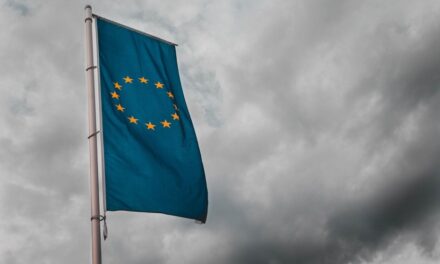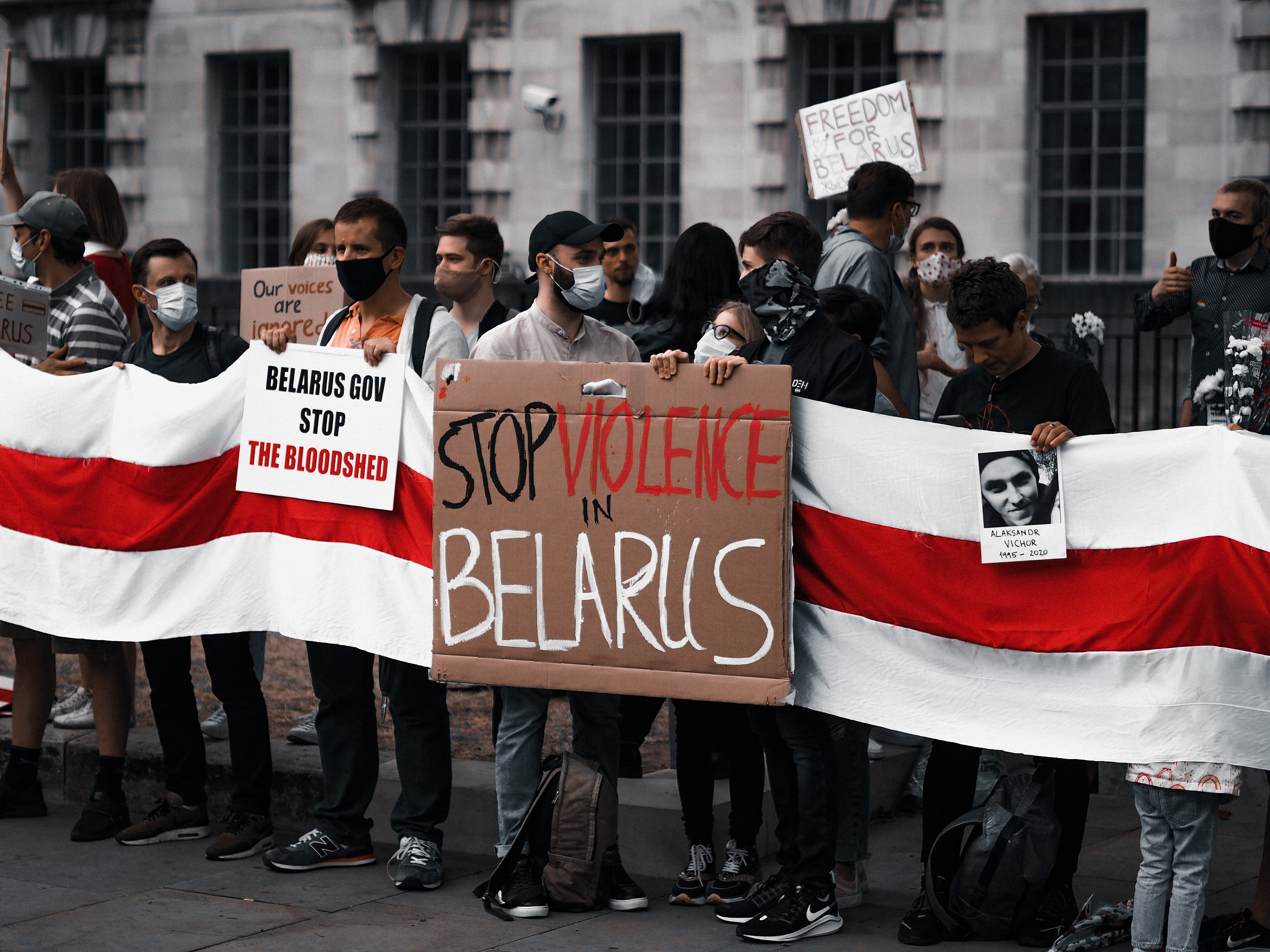As the year comes to an end, naturally, we all tend to look back and reflect on what it brought to us. It goes without saying, that this year we will all do so with mixed feelings. No one could have foreseen that we will end this year being in a global pandemic, worrying about the health of our loved ones and hoping for a better tomorrow.
Covid – 19 arrived in the Netherlands in February 2020, with the first case even being detected in Tilburg. While the situation became more and more serious, more legal measures have been introduced to us. Meanwhile the news flooded us with facts, updates and scientific research. Expert opinions, political decisions and fake news have been filling our heads ever since and, especially, fake news have become a serious issue. Moreover, society’s feelings towards this pandemic changed immensely and lived through ups and downs. While it seemed that at the beginning nobody took this problem seriously enough, people later on started to respect and partially also panic about the corona virus. However, after an almost global lockdown has been introduced, the numbers started to go down again and it seemed as if the whole situation was not as bad as expected. Yet, some people felt this way more strongly than others did.
“Were all these measures even necessary?”, “But my neighbour said the flu is more dangerous.”, “It’s just people of risk groups”.
These phrases have become very familiar throughout this year. Society split into two groups. People of acceptance, who were aware of the risk, and people of denial, who did not believe that there is an actual risk. In other words, people who want to believe that the legal measurements are overdrawn and unconstitutional, or even that the Corona virus does not exist.
This group of people was particularly present in Germany. Almost regularly, there have been so – called anti corona demonstrations throughout the country. In August, demonstrations have started peacefully with, however, 38.000 participants on the street. Later on, hundreds of protesters tried to storm into the German federal parliament. What is extremely outstanding about this, is that this riot was led by far – right wing supporters. Sadly, the protestors even wore shirts supporting far right parties, or even worse, showed Nazi symbols as well as Reichsbürger and Imperial German flags. This was not the first and not the last time that such extreme protests in context with the corona pandemic happened in Germany. Nevertheless, it was maybe the most outstanding one. At the end of October, thousands gathered again in Berlin to protest against the rules. Similar protests have of course also happened in other big cities across Europe. However, what is particularly interesting about the demonstrations in Germany is how these protests have been led and overtaken by far – right wing supporters. Not only are such protests unconstitutional, but political groups that assign themselves far right – wing are as well. It appears to still be a huge problem within Germany’s society, even after the country’s history. The chancellor and other politicians expressed their concern about this situation and emphasized that Germany distances itself from such groups and are not supportive in any way. Accordingly, the interior minister stated that there is “zero tolerance” for such happenings and behaviour.
Although it has generally been known that far right – wing supporters are still an issue nowadays, it seems that this becomes particularly apparent again under stressful situations, such as the corona crisis. Society splits and takes positions, which also leads in political statement taking. Political dissension can easily happen in situations of uncertainty and extreme pressure. However, it cannot be allowed that in the shadow of the corona pandemic, far right – wing supporters gain a platform again. I believe that, under all circumstances, legal measures must be taken to avoid this.








